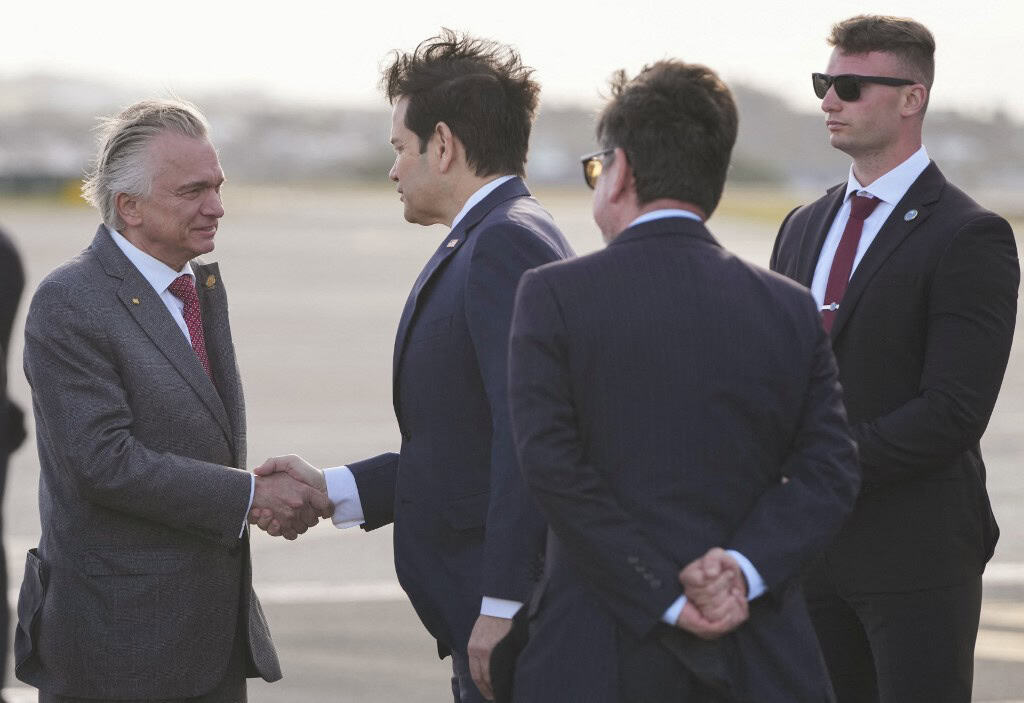U.S. Secretary of State Marco Rubio arrived in Costa Rica on Tuesday, the third stop of his first foreign tour, seeking to curb Chinese influence in Latin America. Rubio began his trip in Panama, where he reported progress in his efforts to reduce Chinese influence around the strategic Panama Canal.
Like Panama, Costa Rica is a longtime U.S. partner that has seen increased Chinese investment in recent years. In 2007, Costa Rica broke ties with Taiwan, an island with democratic government that China claims as part of its territory, which was a turning point followed by other Latin American countries.
But U.S. officials also see hope in Costa Rica’s example, whose relations with China have become more turbulent in recent years. President Rodrigo Chaves, who will meet with Rubio this morning, effectively banned Chinese tech giant Huawei from bidding for the 5G network in 2023 due to Beijing’s refusal to sign an international cybercrime agreement.
“President Chaves has been a great leader in that country in recognizing the threat posed by China,” recently said Mauricio Claver-Carone, U.S. Special Envoy for Latin America. Rubio is also expected to discuss in Costa Rica how to deal with neighboring Nicaragua, where President Daniel Ortega and his wife Rosario Murillo obtained absolute powers last week through a constitutional reform.
Rubio, a Cuban-American and first Hispanic to be U.S. chief diplomat, is a sworn enemy of Latin American leftists, although former President Joe Biden also took a hard line against Ortega. Rubio’s tour, which also took him to El Salvador and includes Guatemala and the Dominican Republic, is heavily focused on President Donald Trump’s priority of deporting undocumented migrants.
In El Salvador on Monday, Rubio announced he received an extraordinary offer from President Nayib Bukele to imprison “criminal” migrants and Americans sent from the United States in a mega-prison. Rubio will travel later Tuesday to Guatemala, from where thousands of people emigrate each year seeking opportunities in the United States and also the only country in Central America that recognizes Taiwan.






